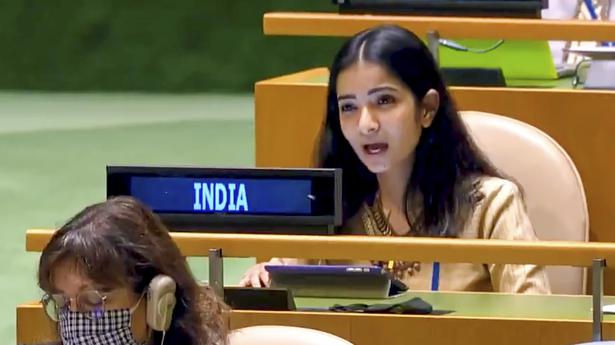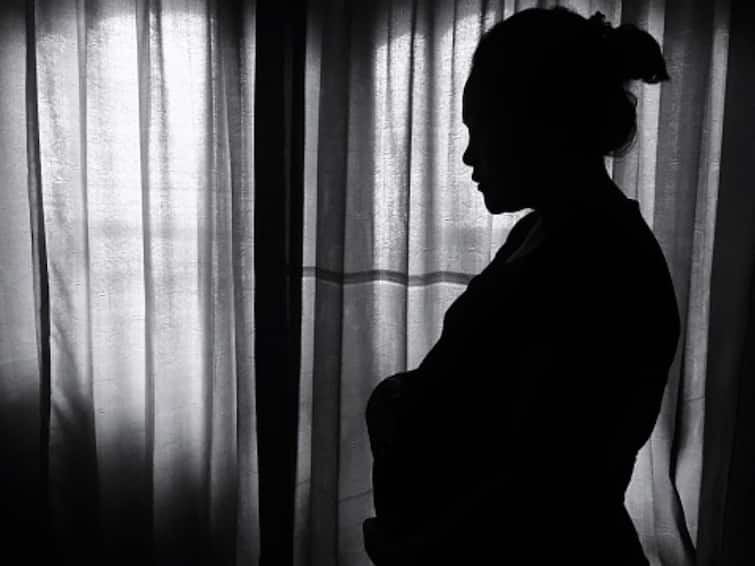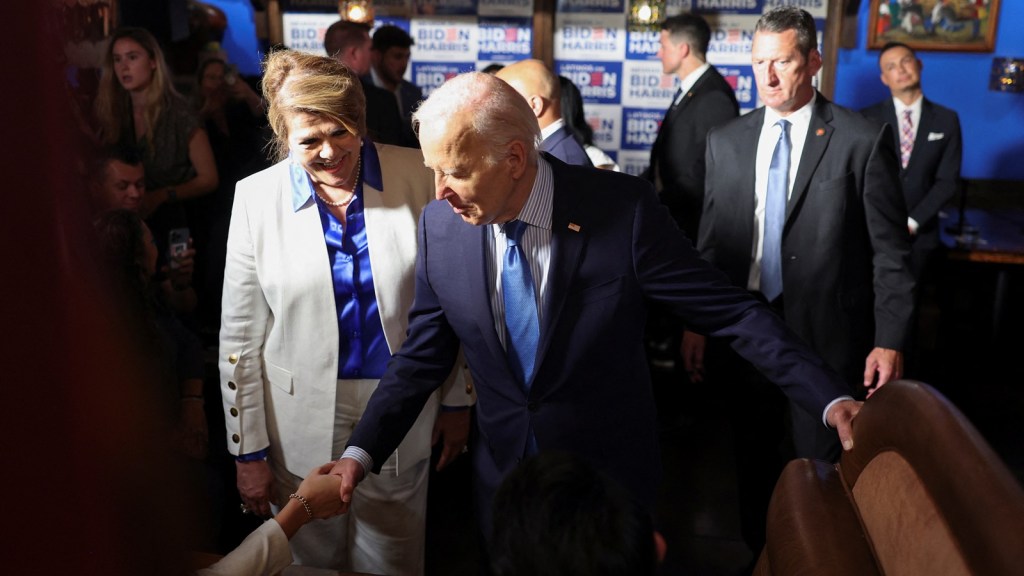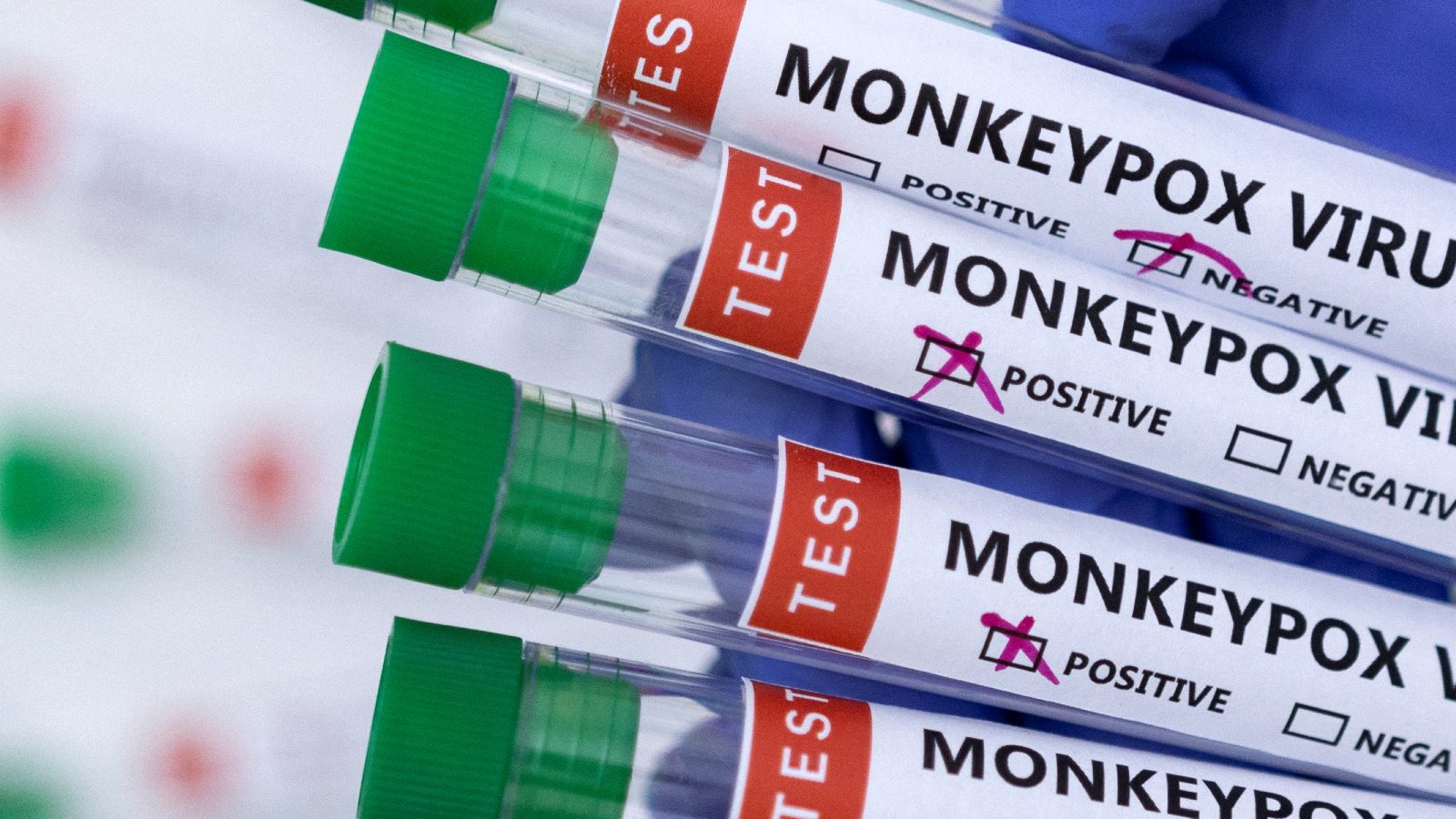[ad_1]
The worldwide impression of COVID-19 and ongoing conflicts has impacted lives of atypical folks adversely, with spiralling vitality and commodity costs and disruptions in international logistical provide chains,” First Secretary in India’s Everlasting Mission to the United Nations Sneha Dubey mentioned.
The worldwide impression of COVID-19 and ongoing conflicts has impacted lives of atypical folks adversely, with spiralling vitality and commodity costs and disruptions in international logistical provide chains,” First Secretary in India’s Everlasting Mission to the United Nations Sneha Dubey mentioned.
India has cautioned that if the Ukraine battle doesn’t instantly give strategy to a “significant path of dialogue and diplomacy”, there will probably be “extreme repercussions” within the international financial system which is able to derail efforts to safe meals safety and eradicate starvation.
“The worldwide impression of COVID-19 pandemic and ongoing conflicts, together with in Ukraine, has impacted lives of atypical folks adversely, notably within the growing nations, with spiralling vitality and commodity costs and disruptions in international logistical provide chains,” First Secretary in India’s Everlasting Mission to the United Nations Sneha Dubey mentioned on July 18.
Defined | The results of the Russia-Ukraine battle on the worldwide financial system
Talking on the high-level particular occasion ‘Time to Act Collectively: Coordinating Coverage Responses To The International Meals Safety Disaster’ convened by UN Basic Meeting President Abdulla Shahid and the Committee on World Meals Safety, Ms. Dubey mentioned the International South has been adversely impacted each by the battle itself, in addition to by the assorted measures put in place in response. The International South is a time period typically used to establish areas inside Latin America, Asia, Africa, and Oceania.
“If the battle doesn’t give strategy to a significant path of dialogue and diplomacy instantly, there will probably be extreme repercussions within the international financial system which is able to derail the efforts of the International South to safe meals safety and eradicate starvation within the run as much as 2030. Time has certainly come to start out factoring in its multidimensional impression which it’s having on the International South, particularly the susceptible growing nations,” Ms. Dubey mentioned.
Quite a few low earnings societies are confronted with the dual challenges of rising prices and issue in entry to meals grains. “Even these like India, who’ve satisfactory shares, have seen an unjustified enhance in meals costs. It’s clear that hoarding and hypothesis is at work. We can not permit this to cross unchallenged,” she mentioned.
Ms. Dubey emphasised that the answer to those challenges lies in “international collective motion” and guaranteed that India will play its due function in advancing international meals safety, doing so in a way that upholds “fairness, shows compassion and promotes social justice.” The Russia-Ukraine conflict is stopping grain from leaving the “breadbasket of the world” and making meals dearer throughout the globe, threatening to worsen shortages, starvation and political instability in growing nations.
Collectively, Russia and Ukraine export almost a 3rd of the world’s wheat and barley, greater than 70% of its sunflower oil and are large suppliers of corn. World meals costs are already climbing, and the conflict is making issues worse, stopping some 20 million tonnes of Ukrainian grain from attending to the Center East, North Africa and components of Asia.
Ukraine and Russia primarily export staples to growing nations which are most susceptible to value hikes and shortages. International locations uch as Somalia, Libya, Lebanon, Egypt and Sudan are closely reliant on wheat, corn and sunflower oil from the 2 warring nations.
India additionally voiced appreciation for UN Secretary Basic Antonio Guterres’s name for exempting purchases of meals by World Meals Programme for humanitarian help from meals export restrictions with rapid impact.
Inflation pushed 71 million folks into poverty since Ukraine conflict
Ms. Dubey informed the occasion that the Indian authorities has recognised the sudden spike in international costs of wheat which put the nation’s meals safety and people of its neighbours and different susceptible nations in danger.
“We’re dedicated to making sure that such adversarial impression on meals safety is successfully mitigated and the susceptible cushioned in opposition to sudden modifications within the international market,” she mentioned, including that so as to handle India’s personal total meals safety and assist the wants of neighbouring and different susceptible growing nations, it introduced measures concerning wheat exports in Might 2022.
“As we’ve acknowledged on earlier events, these measures permit for export on the premise of approvals to these nations who’re required to satisfy their meals safety calls for. This will probably be achieved on the request from the involved governments. Such a coverage will guarantee that we’ll actually reply to those that are most in want,” Ms. Dubey mentioned.
India had introduced that it was banning wheat exports in a bid to test excessive costs amid considerations of wheat output being hit by a scorching warmth wave. Wheat exports had been allowed on the premise of permission granted by the Authorities of India to different nations to satisfy their meals safety wants and primarily based on the request of their governments.
Ms. Dubey careworn that it’s essential for the worldwide neighborhood to adequately respect the significance of fairness, affordability and accessibility on the subject of meals grains. “Now we have already seen to our nice value how these ideas had been disregarded within the case of COVID-19 vaccines. Open markets should not change into an argument to perpetuate inequity and promote discrimination,” she mentioned.
Ms. Dubey underlined India’s “personal observe report” of serving to its companions in misery, and mentioned that even in the midst of the COVID-19 pandemic and ongoing conflicts, India has by no means been discovered wanting. “Now we have supplied meals assist within the type of 1000’s of metric tonnes of wheat, rice, pulses, and lentils to a number of nations, together with our neighbourhood and Africa, to strengthen their meals safety,” she mentioned.
In view of the deteriorating humanitarian state of affairs in Afghanistan, India is donating 50,000 metric tonnes of wheat to the Afghan folks. India has continued its humanitarian assist for Myanmar, together with a grant of 10,000 tonnes of rice and wheat and the nation can be aiding Sri Lanka together with with meals help, throughout “these troublesome occasions”.
India additionally exported over 2,50,000 tonnes of wheat to Yemen within the final three months. Final week, Assistant Secretary-Basic for Humanitarian Affairs and Deputy Emergency Aid Coordinator Joyce Msuya acknowledged the wheat shipments from India offering a “key provide line for Yemen” notably within the wake of the Ukraine conflict.
“India stays strongly dedicated to the reason for international meals safety and likewise has contributed to the UN’s Central Emergency Response Fund (CERF) and the UNOCHA in response to varied humanitarian crises over time. Our spearheading of the UN Basic Meeting Decision for declaring 12 months – 2023 because the ‘Worldwide 12 months of Millets’ was aimed toward addressing comparable such meals safety challenges,” Ms. Dubey mentioned.
She additionally highlighted that India is working the world’s largest food-based security internet programme, which has seen a paradigm shift from welfare to a rights-based strategy. To realize focused supply throughout COVID-19, meals help to 800 million folks and money transfers to 400 million folks had been supplied by the federal government.
[ad_2]
Source link









